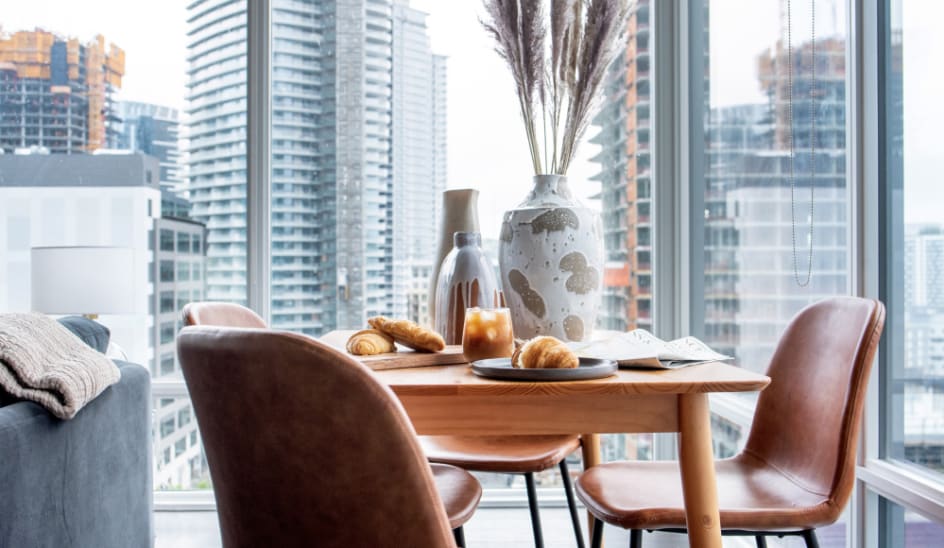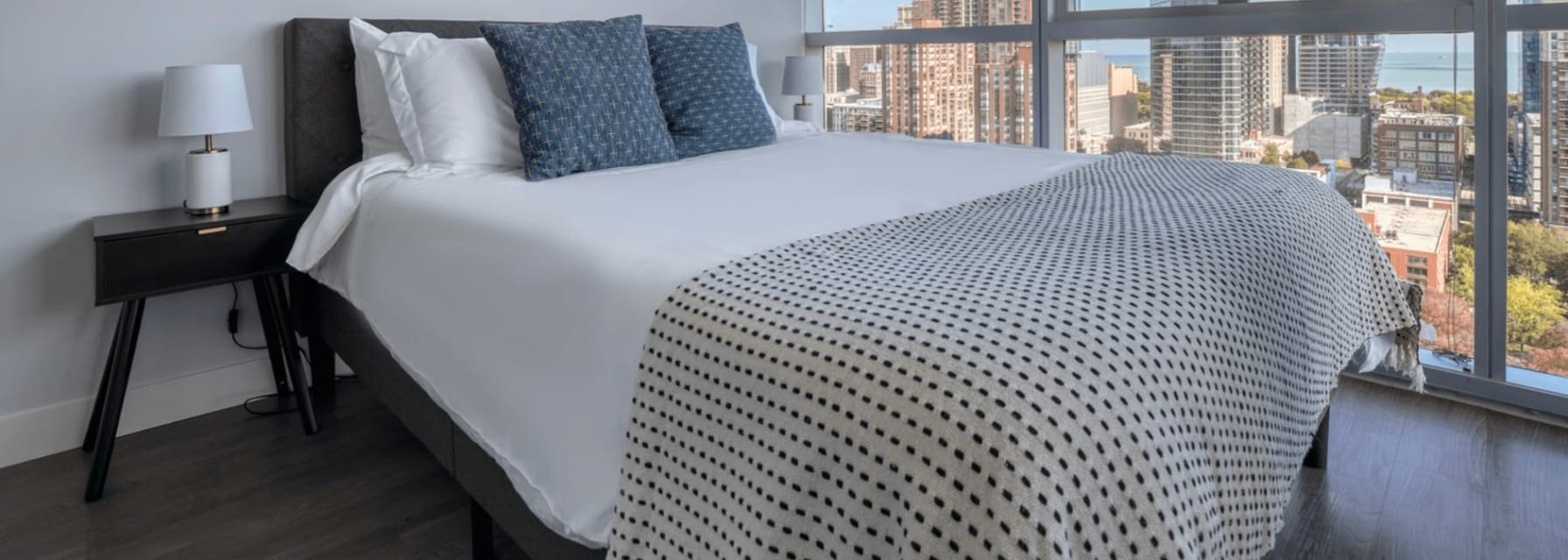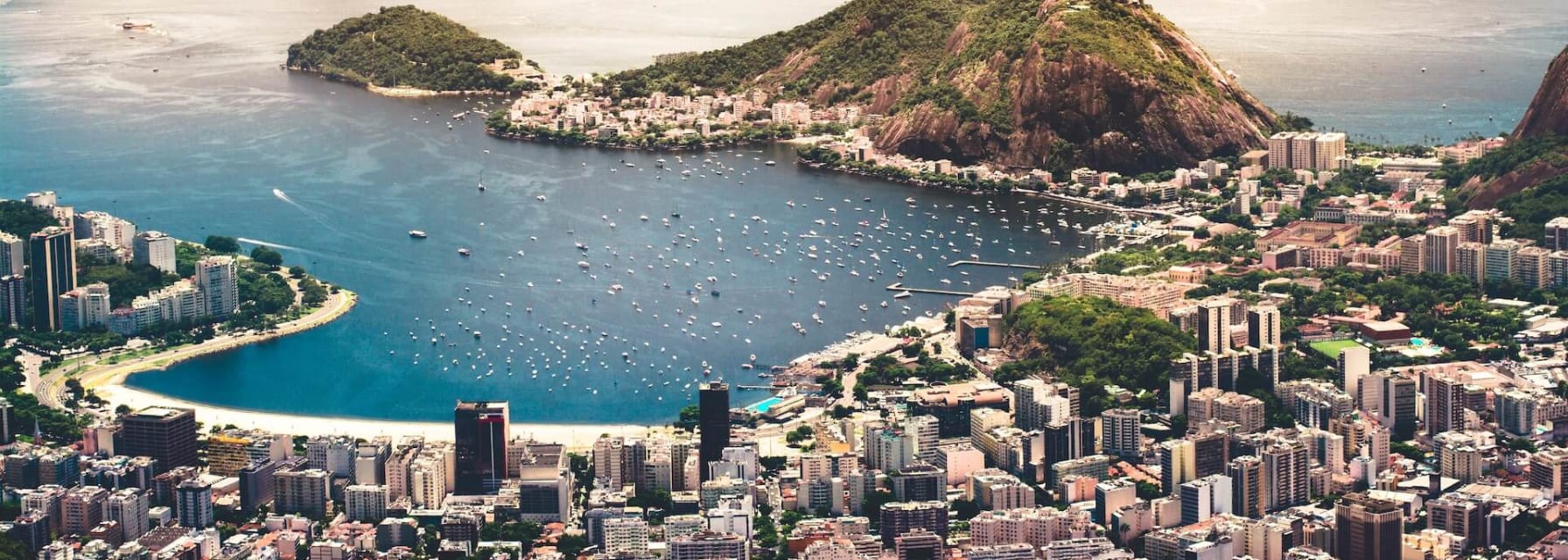Explore Cities
Start packing and get ready to fall in love with your ultimate dream city. With our valuable tips for moving to a new city, you’ll be inspired and excited to settle in with Blueground.
Rent Better
Are you ready to move? We take the stress out of leases, landlords and everything in between with the best apartment-hunting tips, designed to simplify the moving and rental processes.
Experience Blueground
Hear all about what makes Blueground the global leader in the living space. We’re proud to share our most inspiring guest stories, as well as our latest company news.
Work smarter
The office isn't what it used to be, but that's not a bad thing. Learn about trends in the workplace that will keep your organization ahead of the curve.
Feel at home, free to roam!
Experience the home that moves with you for a month, a year, or longer with a global network of designer, furnished apartments.
- Flexible booking & cancellation
- Move-in ready homes
- Guest app 24/7 support
- Brand partner benefits




















